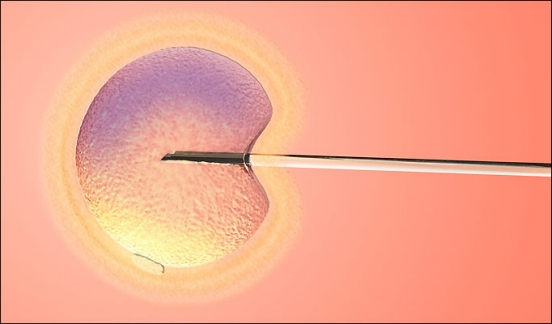
By: KEITH FRASER
Shortly before her husband died, a B.C. woman promised him she would use his stored sperm to have the baby they both wanted regardless of whether he died.
But the woman, who is identified only by the initials K.L.W. in a court ruling, hadn’t been advised that the fertility clinic storing the sperm required the written consent of her husband, identified as A.B., to make use of the sperm for reproductive purposes in the event of his death.
She had to file a petition in court to get permission for release of the sperm so that she could have the baby.
A ruling that was edited by a judge to preserve the privacy of the family noted that at age 10 months, A.B. was diagnosed with a medical condition that required numerous hospitalizations.
K.L.W. was aware from the beginning of their relationship of her husband’s problems and that they would likely require invitro fertilization in order to conceive a child but they decided to postpone having children until they completed their post-secondary education and until A.B.’s health stabilized.
“The petitioner and A.B. shared an intense desire to have a family,” B.C. Supreme Court Justice Paul Pearlman said in his ruling. “However, A.B. suffered from a succession of severe medical conditions … that disrupted and postponed their plans to conceive a child.”
By 2009, A.B.’s health had stabilized, allowing him to reduce his medications and the couple decided to renew their efforts to have a child.
They met with a doctor at the Genesis Fertility Centre in Vancouver and with a urologist at the Vancouver General Hospital to discuss A.B. undergoing a procedure for the extraction of his sperm.
In October 2009, A.B. had the surgery under sedation at the UBC hospital and had his sperm extracted, frozen and stored at Genesis.
A.B. was hospitalized between March and August 2010 for treatment of complications with his pain medications and was hospitalized on numerous occasions for infections.
In 2011 he suffered a post-operative infection, resulting in further surgery. His kidneys ceased to function and he died as a result of multi-organ failure.
“Shortly before A.B. died, the petitioner promised him that she would have their baby,” said the judge in his ruling.
But K.L.W. only learned of the need for written consent to release the sperm from the clinic as a result of a telephone conversation with the clinic shortly after her husband’s death.
She was told that Genesis would be able to store the sperm but that under Canadian law, she would not be able to use it to conceive a child in Canada because A.B. had not stipulated his consent in a will.
Since her husband’s death, K.L.W. has paid more than $1,000 to Genesis in sperm storage fees.
In his ruling agreeing to release the sperm to K.L.W., the judge noted that the couple had spoken to a social worker, a registered nurse, family members and A.B.’s family physician of their plan to conceive a child and have a family even if he died.
“I find that during their marriage, the petitioner and A.B. made a carefully considered plan to try to conceive a child using the reproductive material,” said the judge.
The judge said that had the requirement for written consent been brought to his attention, A.B. would have promptly given his consent in writing.
“To deny the petitioner the use of the reproductive material intended by A.B. would be both unfair and an affront to her dignity.”
Genesis, though named and served as a respondent in the lawsuit, did not partake in the court proceedings and the petition went unopposed. The clinic had no immediate comment.
Source: Vancouver Sun
Judge gives B.C. woman access to dead husband's sperm in fertility clinic





Be the first to comment